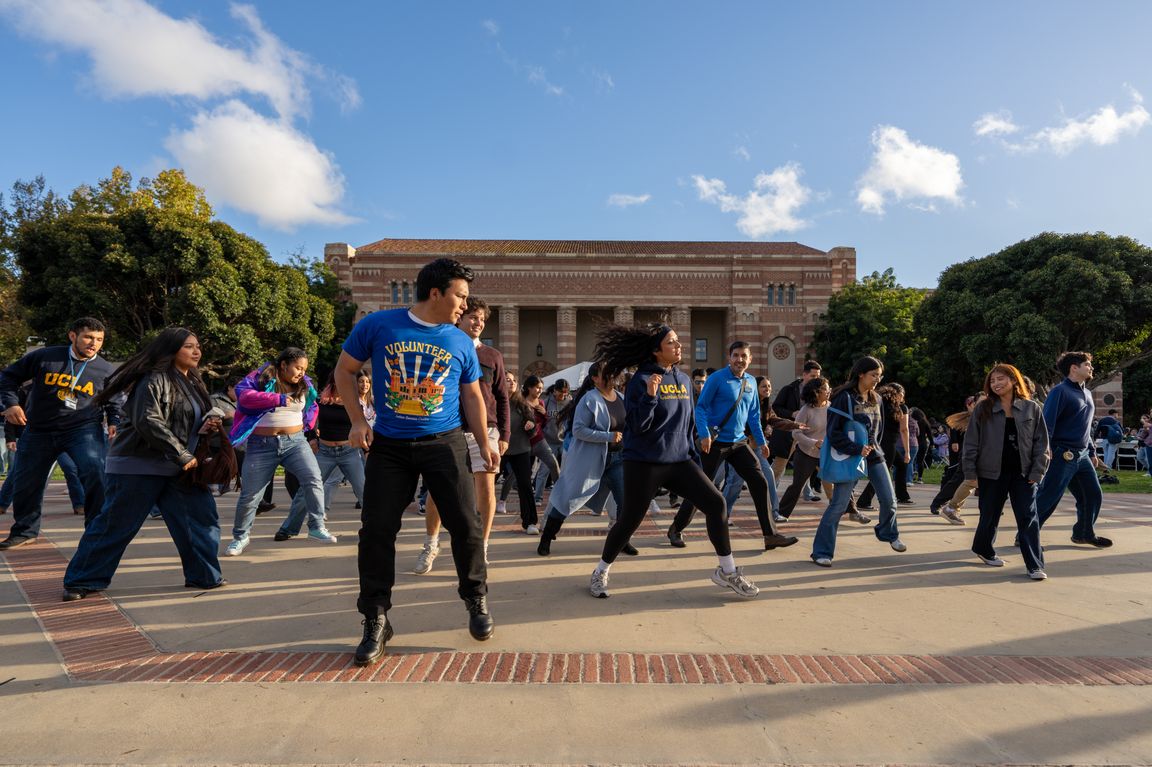American University in Bulgaria
The mission of the American University in Bulgaria is to educate students of outstanding potential in a community of academic excellence, diversity, and respect and to prepare them for democratic and ethical leadership in serving the needs of the region and the world.
American University in Bulgaria
Overview
The American University in Bulgaria (AUBG) is a private, nonprofit university located in Blagoevgrad, Bulgaria. It is the first American-style, liberal arts undergraduate institution in Eastern Europe. Established in 1991 as a cooperative venture between the U.S. and Bulgarian governments, the Open Society Institute, the City of Blagoevgrad, and the University of Maine, AUBG offers an American-style liberal arts education with English as the primary language of instruction.
History
Founded in September 1991, AUBG's inception was a significant step in promoting American-style education in Europe. The university's establishment marked a collaborative effort to provide high-quality education, aligning with the democratization processes in Bulgaria following the communist era. Initially, the university had about 208 students and 16 full-time faculty members. As of recent years, AUBG has grown to enroll around 1,000 students from over 40 countries.
Academics
AUBG follows a traditional American-style liberal arts curriculum, offering students a range of academic disciplines including business, computer science, economics, English, history, journalism, political science, and more. The university provides both majors and minors across these fields, with over 60% of students graduating with double majors or a major and a minor. AUBG students can also participate in the Erasmus Programme or the International Student Exchange Program (ISEP), allowing them to study abroad in the U.S. or Europe.
Campus and Student Life
The AUBG campus is situated in the heart of Blagoevgrad, a vibrant university town known for its cultural and economic significance. The campus includes residential halls, the Balkanski Academic Center, the America for Bulgaria Student Center, and the Panitza Library, which is one of the largest English-language libraries in Southeast Europe. Students engage in various extracurricular activities and sports, fostering a diverse and inclusive community.
Accreditation and Recognition
AUBG holds unique dual accreditation from both the New England Commission of Higher Education (NECHE) in the United States and the National Agency for Evaluation and Accreditation in Bulgaria. This dual accreditation ensures that academic credits are fully transferable to institutions in the U.S.
Research and Community Engagement
AUBG encourages student participation in international research conferences and competitions. The university hosts its own annual research conference where students and faculty present their research projects. Additionally, AUBG supports community engagement and provides services to promote student health and career development.
Impact
AUBG's mission to foster academic excellence and intellectual growth has contributed significantly to the educational landscape in Eastern Europe. By providing a multicultural environment, AUBG prepares students for global challenges, enhancing their intercultural understanding and academic prowess.
References
To be added.
External Links
To be added.
See Also
To be added.
Edit WikiFounded
1991
Web
Sign in to see organisation website
Traffic
647027
Region Selector - AUBG
From Social media
News about from their social media (Facebook and X).
Data about organisation
Houston
Organisations from American University in Bulgaria

1. CONVENTION OF STATES ACTION
We're actively working to call an Article V convention and restore self-governance in America.

This is the official Living Proof Ministries Facebook page.

3. HOUSTON LIVESTOCK SHOW AND RODEO INC
Agriculture 🐄 Education 🎓 Entertainment 🎸 Western Heritage 🤠.

From promoting health, peace, and education to eradicating polio, Rotary unites #PeopleOfAction.

5. Alzheimer's Disease and Related Disorders Association
The Alzheimer's Association 24/7 Helpline provides reliable information and support to all those who need assistance.
Similar organisations
Similar organisations to American University in Bulgaria based on mission, location, activites.
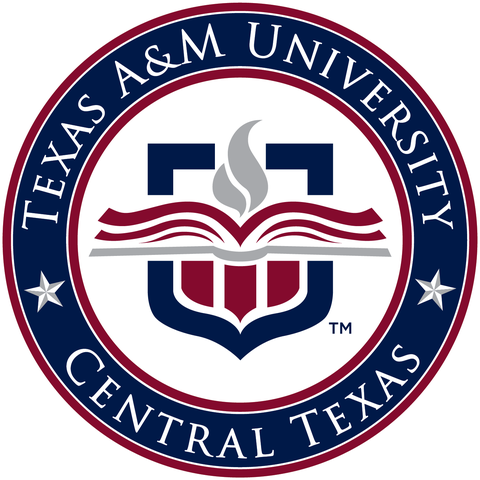
Texas A&M University–Central Texas is a public, upper-level university offering baccalaureate and graduate degrees important to the region and state.
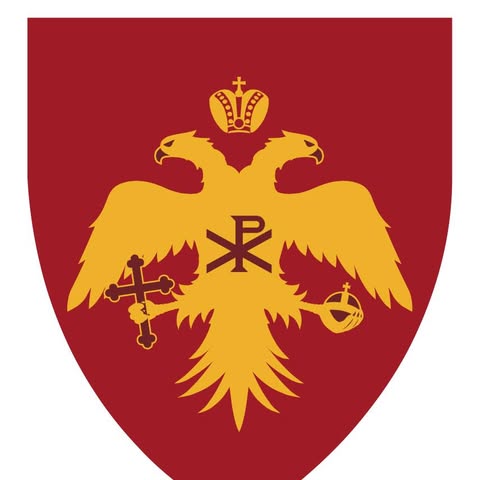
The Saint Constantine School: Classical, Orthodox Christian PreK3-12 education in Houston.
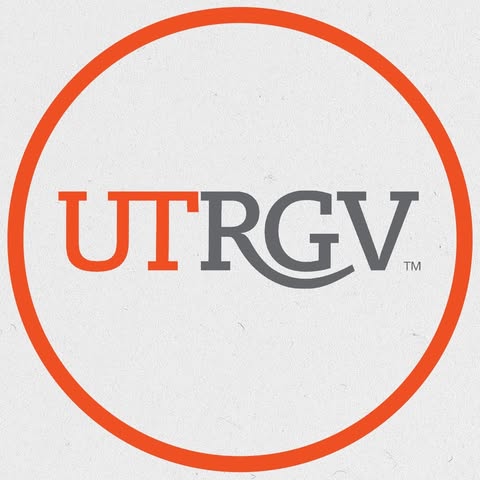
The University of Texas Rio Grande Valley
A New University for the 21st Century.
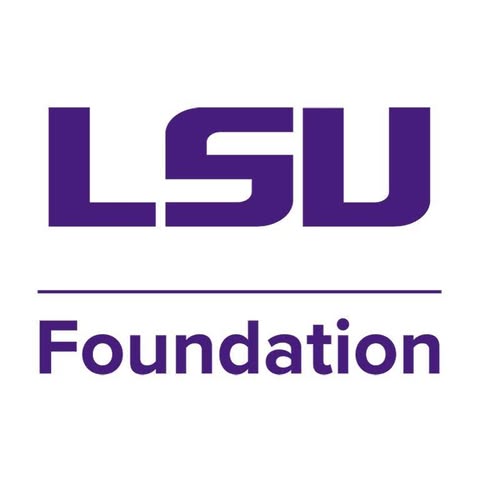
The LSU Foundation is the primary fundraising entity for academics at LSU.
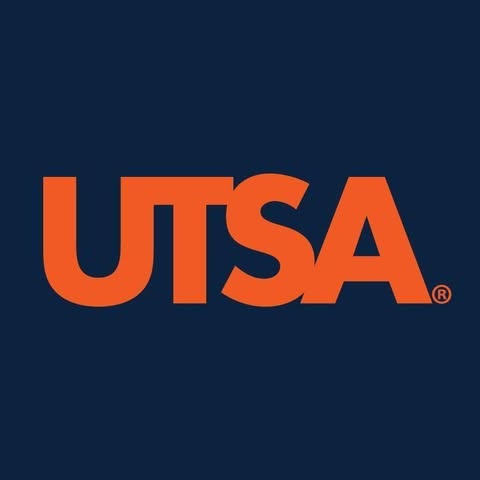
Official Facebook page of UTSA, a Hispanic Serving, Tier One research university 🤙.
Similar Organisations Worldwide
Organisations in the world similar to American University in Bulgaria.

Offering a sound and liberal education for over 180 years, Bishop’s is a proudly student-centred community, aiming for academic excellence in Quebec’s Eastern Townships.

Alberta University of the Arts (ca)
Alberta University of the Arts is a leading centre for education and research, and a catalyst for creative inquiry and cultural development.

Australian Universities International Directors Forum (au)
AUIDF is the acronym for the Australian Universities International Directors Forum.
Interesting nearby
Interesting organisations close by to residence of American University in Bulgaria

The Saint Constantine School: Classical, Orthodox Christian PreK3-12 education in Houston.
Similar traffic
Organisations with similar web traffic to American University in Bulgaria

68108. Commonwealth Health Corporation Inc
Med Center Health has hospitals in Bowling Green, Franklin, Russellville, Scottsville, Caverna and Albany.

Christian ministry dedicated to equipping you to walk in wholeness, power, and wealth by God's Word.

68111. Weed Science Society of America
WSSA is a Non-Profit Professional Society Promoting Research, Education, and Awareness of Weeds in Managed and Natural Ecosystems.

68112. Greater Iowa Reef Society
We are a volunteer driven, local organization based out of Iowa.
Join us and make a difference for the future!
Sign Up
Please fill in your information. Everything is free, we might contact you with updates (but cancel any time!)
Sign in with GoogleOr
Good News
🌦️ What a beautiful day at UCLA's #LatinxSuccessCenterWelcome! After the rain, the community came together to celebrate with music, delicious food, and vibrant cultures. A reminder that brighter skies are always ahead when we unite! ❤️🌼 #CommunityLove #PositiveVibes
Rain pauses, community blooms at UCLA's 'Latinx Success Center Welcome'
UCLA
Like Comment🌟 Exciting news for film lovers! The 2026 Sundance Film Festival is set to honor Robert Redford with tributes and retrospective screenings as part of the Park City Legacy program! 🎬✨ A wonderful way to celebrate cinematic history and the arts! #Sundance2026 #CelebrateFilm
Sundance Film Festival 2026 to Include Robert Redford Tributes, Retrospective Screenings
TheWrap
Like Comment




